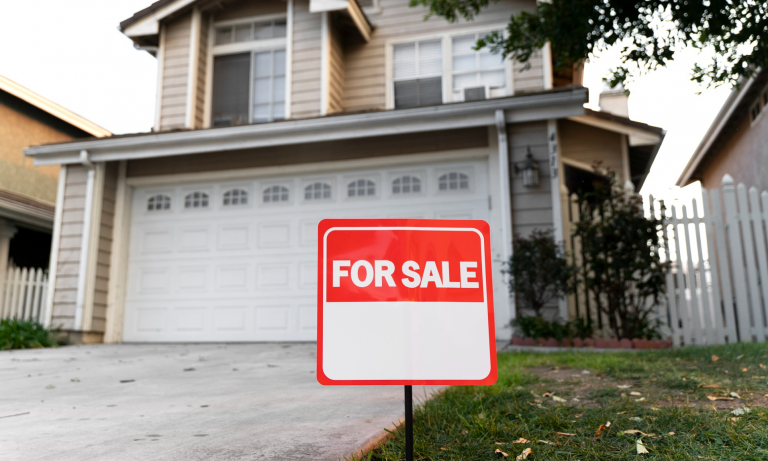One of the most disheartening moments in a property transaction is a buyer’s home loan being declined. For sellers, it can mean delays, extra show days or having to consider lower offers. For buyers, it can feel like a personal blow, making homeownership seem out of reach. And for property practitioners, it might feel like losing a deal just before the finish line.
But here’s the truth: a declined bond application doesn’t have to mean the end of the sale. Often, it’s just the start of a new conversation. With the right guidance, persistence and creative thinking, many buyers can still secure financing and turn their property dreams into a reality.
Why Bond Applications Get Declined
Understanding why loans get declined helps you prepare buyers and reassure those who don’t get a “yes” immediately. The most common reasons include:
- Affordability and too much existing debt: Banks calculate a buyer’s debt-to-income ratio based on the information provided on their application. If an applicant already has too much debt as a percentage of their income, the bank believes that more would place too much financial strain on them.
- Credit history or low/irregular income: Poor credit scores, defaults, or judgements can raise red flags for banks as they process applications. This is indicative of someone’s inability to repay their existing debt regularly, be it because of irregular or low income or simply living outside of one’s means.
- Limited employment history: Short work history or self-employment without detailed financial records can affect the approval of home loan applications, simply because banks are unable to confirm with enough detail/history that an income source is paid regularly and reliably.
- Incomplete documentation: Should any documentation be missing or incomplete, e.g., not enough payslips or inadequate income and expenditure forms, this is likely to derail loan applications, as banks are unable to make credit decisions without all the required information at hand.
Knowing and understanding these factors mean it is possible to frame a decline as a learning opportunity – and not the end of a sale.

Why a Decline Is Not the End of the Sale
For buyers, one “no” doesn’t mean “never”.
- Different banks, different outcomes: Each bank has its own approach to credit and risk. A decline at one bank doesn’t mean rejection at all.
- Mortgage originators can help: Bond originators can submit applications to multiple banks, increasing the chances of approval.
- Room for improvement: Many issues can be fixed, such as clearing debts, correcting credit report errors or providing missing documents.
- Alternative financing options: Government programmes, private lenders or bridging finance offer routes outside traditional bank loans.
Turning a Decline into Future Homeownership
Property practitioners can work with a GetGo Home Loans Specialist to help buyers turn a decline into a step forward.
- Know affordability and credit status upfront
A pre-approval with a Home Loans Specialist sets realistic expectations. Buyers understand their debt-to-income ratio and can focus on properties within their affordability range, reducing disappointment later. - Encourage bond origination
One application to multiple banks increases chances of approval. GetGo Home Loans has relationships with all major banks and can find the best solutions and deals for buyers. - Keep buyers motivated
A declined application is not a setback; it’s an opportunity to guide buyers, provide clarity and explore alternative options. Agents who support their clients through this process build trust and lasting relationships.
The bottom line: A decline is never the end of the story. With the right guidance, persistence, and support from a Home Loans Specialist, what starts as a “no” can quickly turn into a “yes”. For agents, this is the moment to show dedication, expertise and care – turning challenges into success stories and helping buyers step into their new homes with confidence.











































